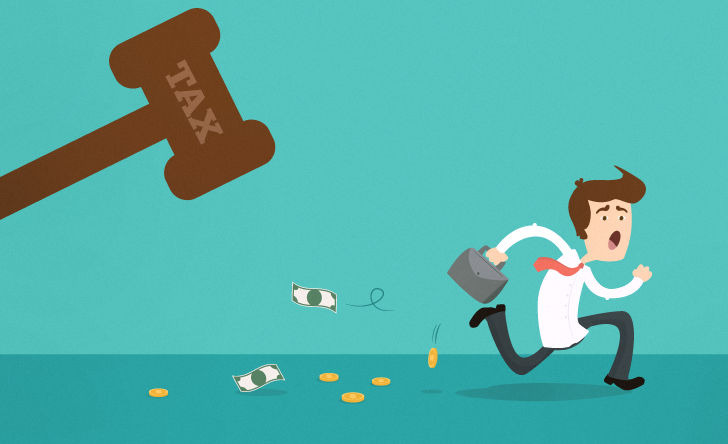The federal government estimates it was out between $800,000 and $3 billion in tax revenues in 2014 following its fourth study of the tax gap in Canada.
The study focuses on individuals’ international income tax compliance and substantiates Ottawa’s efforts to fight tax evasion and aggressive tax avoidance by Canadians, said National Revenue Minister Diane Lebouthillier.
“Most Canadians pay their fair share of taxes,” said Lebouthillier. “They expect their government to do all it can to pursue people and businesses that try to avoid doing the same. This latest study of the tax gap is evidence of our government’s ongoing commitment to better target international tax evasion and aggressive tax avoidance.”
The study also supports Ottawa’s approach to promote enhanced information sharing between the Canada Revenue Agency (CRA) and its international partners, said Lebouthillier.
Canada is the first G7 country to study the offshore tax gap. The studies conducted to date underline the importance of examining not only individuals, but also their related entities when investigating non-compliance, said the government.
Ottawa is now delivering better data, better approaches and better results. As well, CRA has the capacity to leverage new global collaboration and data sharing to crack down on tax cheating.
Based on international audits completed between 2014 to 2015 and 2016 to 2017, almost $1 billion in income was uncovered and assessed from 370 individuals, 200 corporations and a small number of trusts. The additional tax identified was $284 million. Of this, 23% was attributed to individuals and 77% to corporations and trusts linked to those corporations.
In 2014, about $429 billion in assets, $9 billion in foreign income and $13 billion in capital gains were reported. Top countries where assets were held and foreign income was reported tended to be the U.S. and the U.K.
The CRA’s next tax gap study will be released next year and will focus on incorporated businesses.







